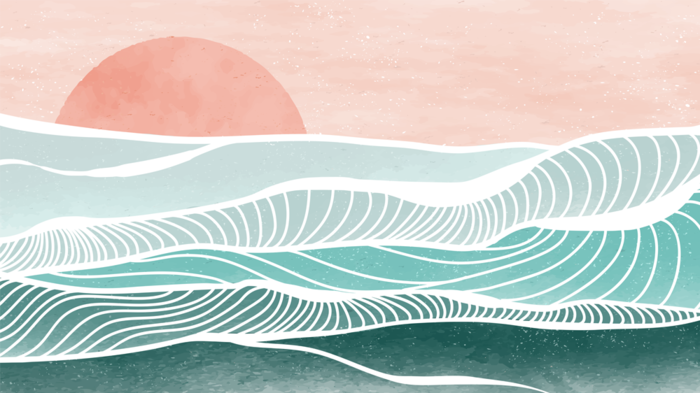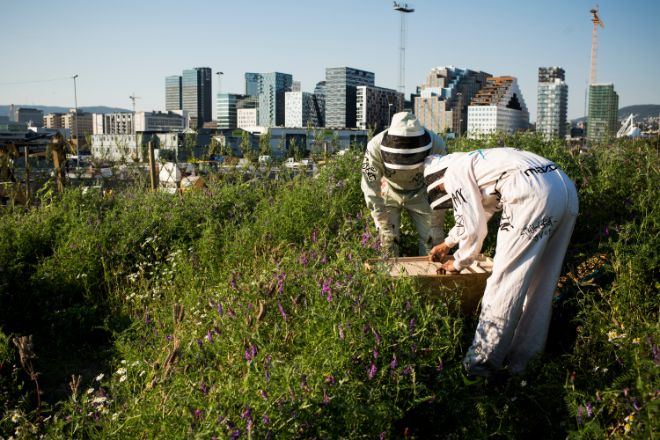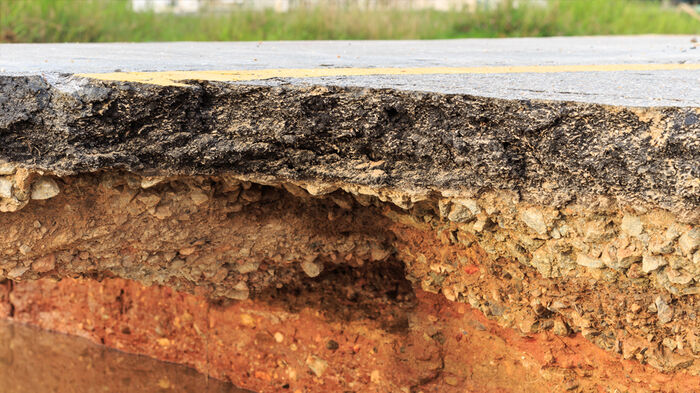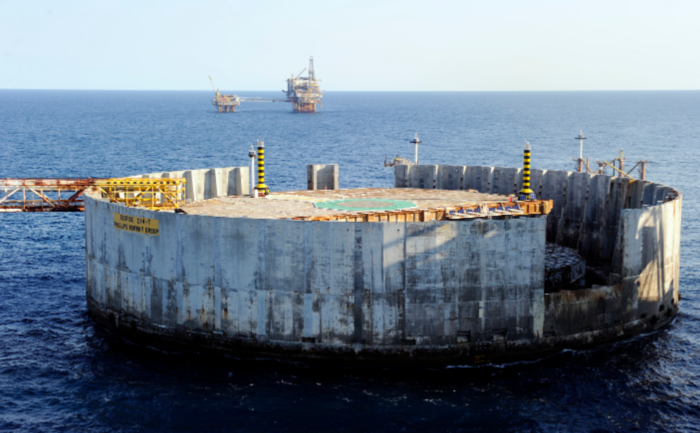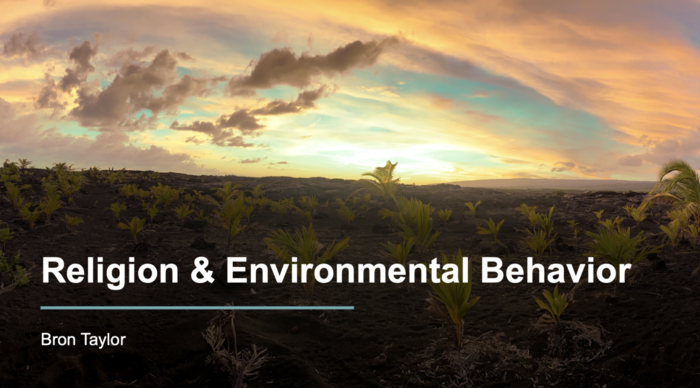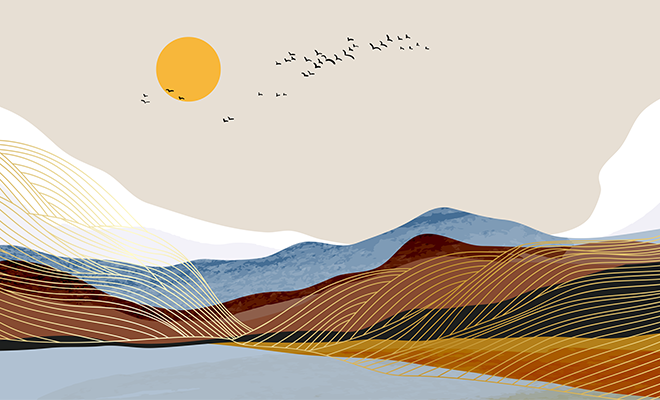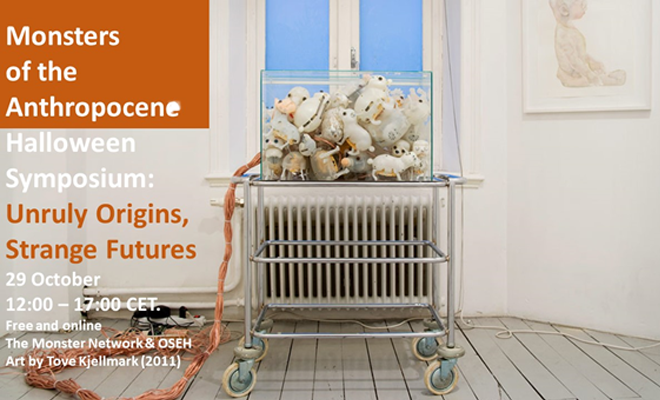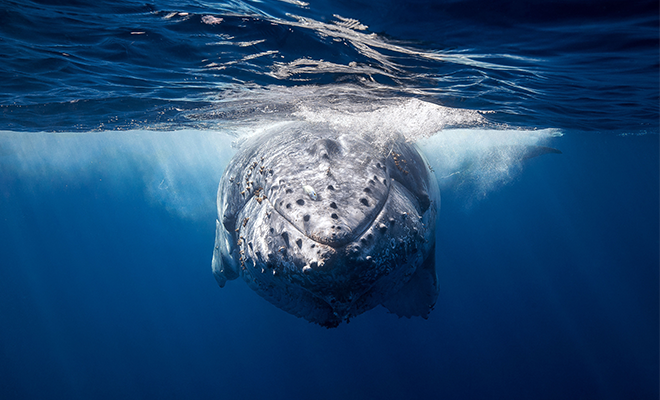Other
Previous
Join us for our final OSEH event where we explore issues of race, ethnicity, and gender, but also diverse ways of opening up environmental problems and possibilities in the academy and beyond. We are joined by acclaimed poet and nature writer Camille Dungy and prominent scholars in the environmental humanities, and there will be upcycled music, celebration and food.
Do you want to better understand the environmental and climatic crisis, work accross diciplines, experience Place-Based Learning and communicate environmental research to a broader audience?
Land holds an “ecological memory”, the patterns in the landscape that are maintained by creative fires. This seminar will discuss the importance and challenges of using fire to shape landscapes in Australia, Italy and Norway.
Register here!
In this PhD Course, hosted and organised by members of the Oslo School of Environmental Humanities (OSEH) as part of the Norwegian Researcher School in Environmental Humanities (NoRS-EH), we will explore key contemporary questions around plants that are arising in the field.
A talk by guest researcher Joana van de Löcht about weather perception in various literary genres at the beginning of early modern print production.
The EcoLit Research Group and the Oslo School of Environmental Humanities (OSEH) invite you to an International Symposium to illustrate how literary and cultural studies can make important contributions and interventions in relation to environmental problems and aspirations. Join us for this exciting line-up of lectures, a roundtable discussion, and more.
A conversation on Land Rights and Landback from a Sámi Indigenous Perspective.
An airscape is an intangible presence in our daily life. Seemingly invisible and transparent, air, wind, and light form airscapes that have been overlooked as a cohesive totality with its own cultural history. Airscapes are spaces of injustice, transportation, and perception. This seminar aims to understand airscapes as more than just a passive receptacle of human activity but rather a presence that shapes us and our way of relating to the world.
Register here! Please register by April 19th for physical or digital attendance.
"Nuclear cattle" is a documentary about cattle farmers and their animals after the Fukushima Dai-ichi Nuclear Power Plant disaster in 2011.
The destruction and pollution of rivers was a precondition for early urbanisation. With this seminar we invite you to explore intersections and tensions that exist between how the historical, cultural and natural sciences approach the restoration of river landscapes.
Register here! Please register by November 28th for physical or digital attendance.
Do you want to better understand the environmental and climatic crisis, work accross diciplines, experience Place-Based Learning and communicate environmental research to a broader audience?
How can personal engagement with planetary health restore human health and the well-being of more-than-human others? In this inaugural lecture of the Fellesløft project ‘Anthropogenic SOILS’, environmental historian Libby Robin, Emeritus Professor at the Australian National University, will review the emergence of the idea of the environment in the wake of the ‘dirty thirties’, a time when topsoil blew away – in both Australia and in the United States, and the hope of ‘feeding the world’ was threatened.
What do we mean when we say and think "after oil"? In this talk Graeme Macdonald, Professor of English and Comparative Literature at the University of Warwick (UK), will examine a range of literary and artistic examples constituting a significant expression of petroculture: the post-oil imaginary.
The research group Climate, Environment and Energy, KLIMER, warmly welcomes Prof. Dr. Ole Georg Moseng from the University of South-Eastern Norway. He is one of the few specialists in the history of early modern epidemics.
Bron Taylor, Professor of Religion at the University of Florida, will draw on a comprehensive review of extant research by others, as well as his own research exploring contemporary nature spiritualities, and conclude by speculating on the future of religion and nature, near, medium, and long-term.
Arne Naess' work and his philosophy, Deep Ecology, kick-started a global movement that put Nordic culture on the environmental map. What is his legacy today, and does it still have bearing in the epoch of the Anthropocene? Join us for a lively conversation around climate change, Nordic responses - and uncertainty. With Knut Ivar Bjørlykhaug and Martin Lee Müller, chaired by Gunnar Gjermundsen.
How can we balance wilding agricultural land to increase biodiversity, while maintaining the cultural heritage within landscapes? Is it possible to prevent, halt and reverse the degradation of ecosystems, while restoring culture too? What issues are at stake in the UN Decade on Restoration?
What do the futures of monster theory hold? And what stories can we tell about its origins? ‘Unruly Origins, Strange Futures’ explores the pasts and futures of thinking with monsters through art, politics, storytelling and scholarship.
The Bionic Natures collaboratory is hosting a public talk by Mick Geerits and Arthur Gouillart, who will present their collaborative project Augmented Nature—a set of robotic tools designed to help animals survive the ongoing planetary mass extinction.
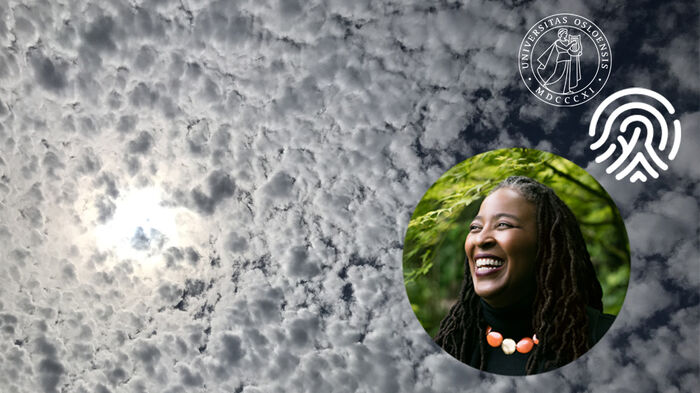
.png?alt=listing)

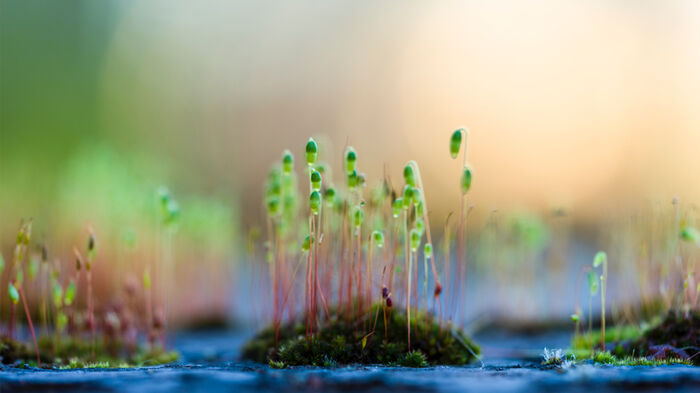
![Painting of the storm flood in Antdorf [Antwerpen] in November 1570.](https://www.hf.uio.no/iakh/english/research/groups/klimer-climate-environment-energy/events/2023/seminars/stormflood.png?alt=listing)
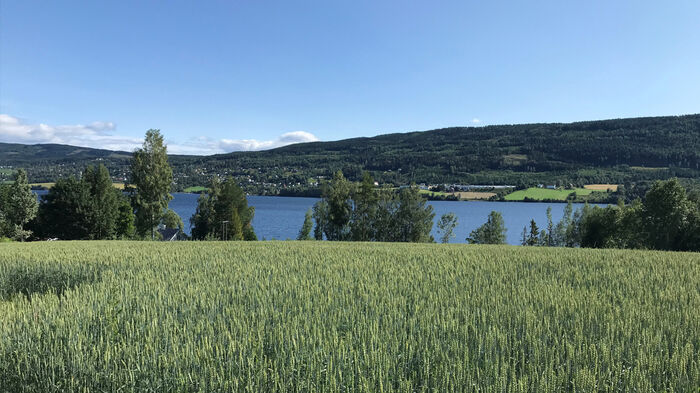
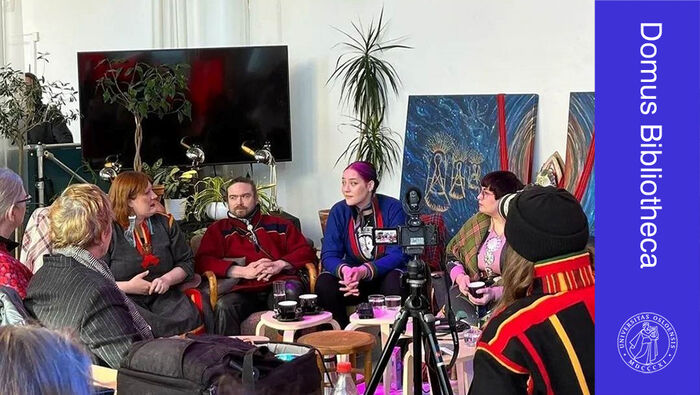
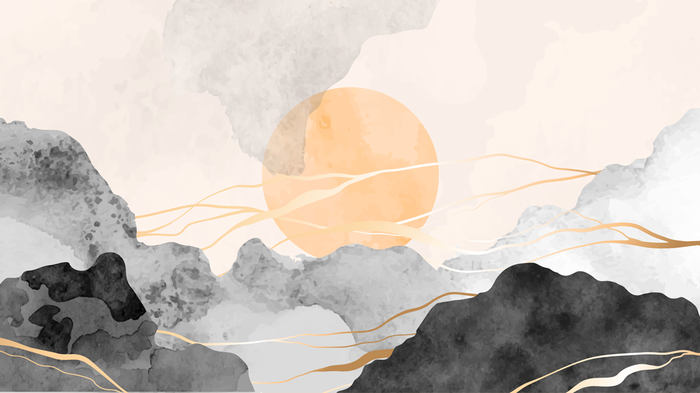
.png?alt=listing)
